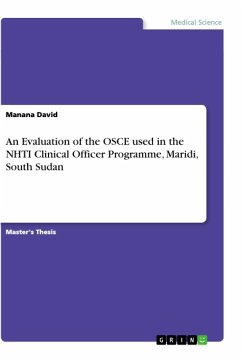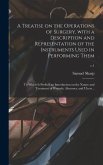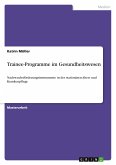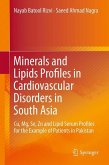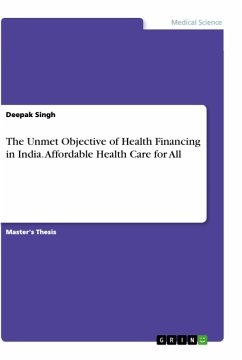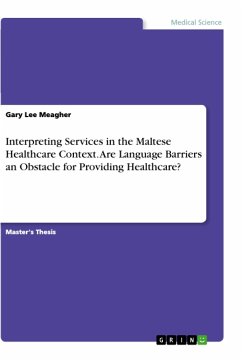Master's Thesis from the year 2015 in the subject Health - Health system, grade: None, University of Dundee (Centre for Medical Education), course: Master's Degree in Medical Education, language: English, abstract: The National Health Training Institute (NHTI)-Maridi, in South Sudan adapted the Objective structured Clinical Examination (OSCE) for assessing clinical competence in 2008. However, since then no formal evaluation of the OSCE for the Clinical Officers programme had been conducted.The objectives of this educational evaluation study were to assess the tutors' and students' knowledge on the OSCE, evaluate the practice/implementation of the OSCE, assess the attitudes of the NHTI tutors and students towards the OSCE, assess the validity and reliability of the previous OSCEs and to determine the impact of the OSCE on the teaching and learning in the Clinical Officer (CO) programme.It was a cross-sectional educational research that employed both quantitative and qualitative techniques as well as documentary analysis of past OSCE papers and results. Convenience sampling method was used to select the NHTI faculty and students to participate in the study. Self-administered questionnaires were used to collect data. SPSS was used to analyse the quantitative data while the qualitative data was analysed manually.Results established that all the eleven NHTI tutors and the majority (71%) of the third year and (59%) second year students had a clear understanding of the OSCE. All tutors and students who participated in this study had practical experience of the OSCE. A high rating was given for the previous OSCE organization and implementation by both the faculty and students. Fifty five percent of the tutors preferred OSCE alone while 36% of them preferred a combination of long-case/short case format of assessing clinical competence.Twenty eight percent of the students preferred the OSCE alone while 64% of them preferred a combination of the OSCE and long-case/short case formats of assessing clinical competence. Findings also demonstrated that all of the previous OSCEs had good content, face and predictive validity as well as reliability. Overall, results illustrated that the OSCE has had a positive impact on both the teaching and learning in the CO programme. This has resulted in better performance in clinical assessment since it was introduced in 2008.

